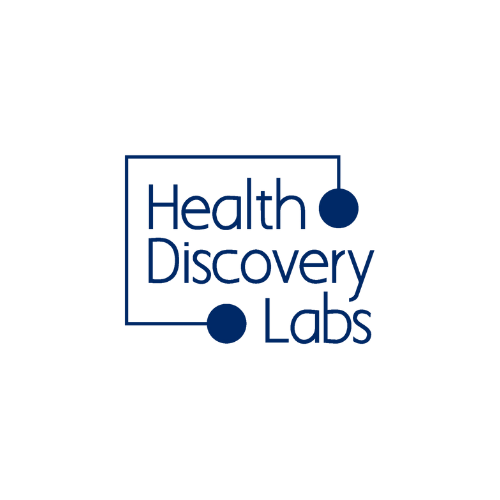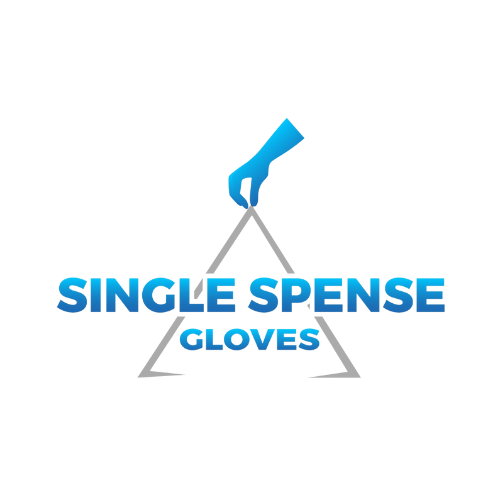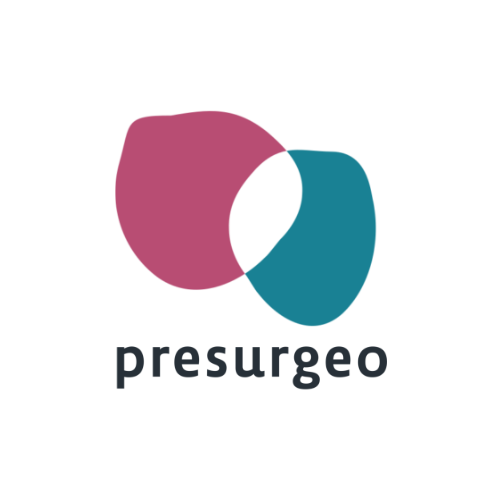Connections are Key to your success
Whether for pilots or partnerships, funding or events, we help health tech innovators break through the noise and get in front of the people who matter. But connections don’t ignite without a catalyst – it takes the right strategy, the right story, and the right tools. That’s where the power of Green Room lies.
Understand your market
Assess needs & barriers
Develop a solid strategy
Plan for growth & scale
Tap our healthcare network
Target KOLs & early adopters
Connect with funding sources
Maximize your customer reach
Digital creative content
Tech-enabled websites
Marketing campaigns
Lead gen & conversion
Serving Medical Device & Digital Health
With decades of combined experience in healthcare, health technology, and life sciences, Green Room has served hundreds of clients and strategic partners.
- AI & Machine Learning
- Platforms & Applications
- Sensors, Wearables & Medical Devices
- Diagnostics, Therapeutics & Consumer Care





